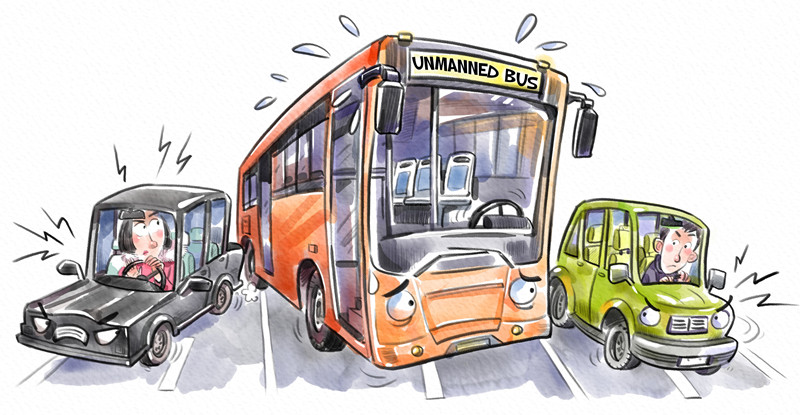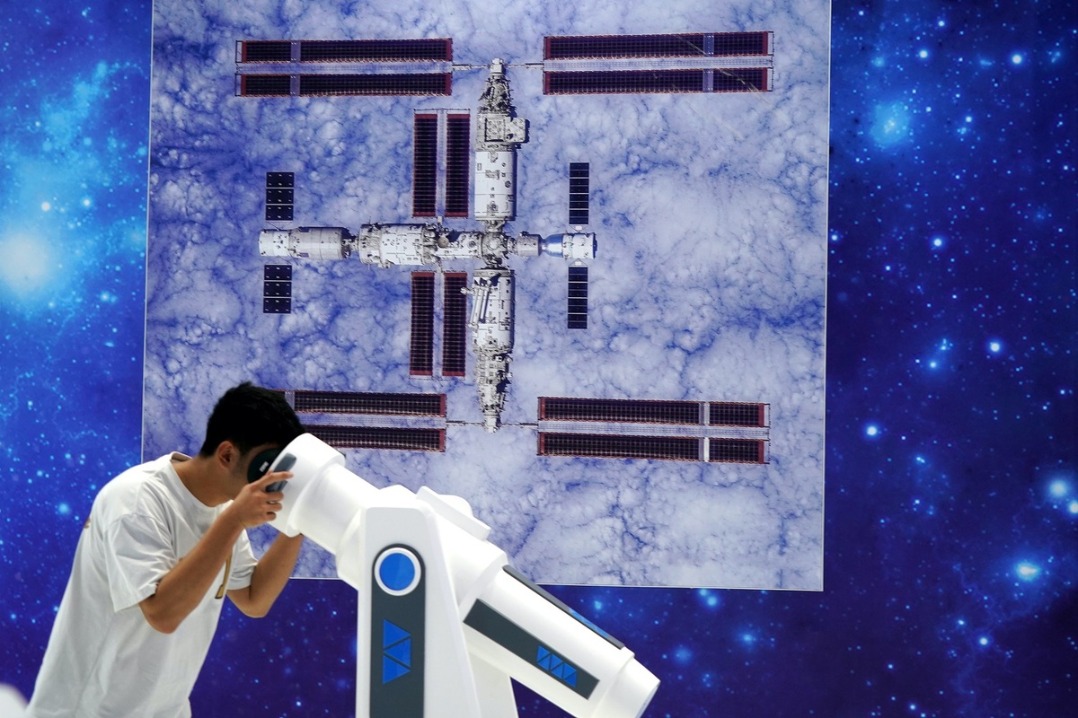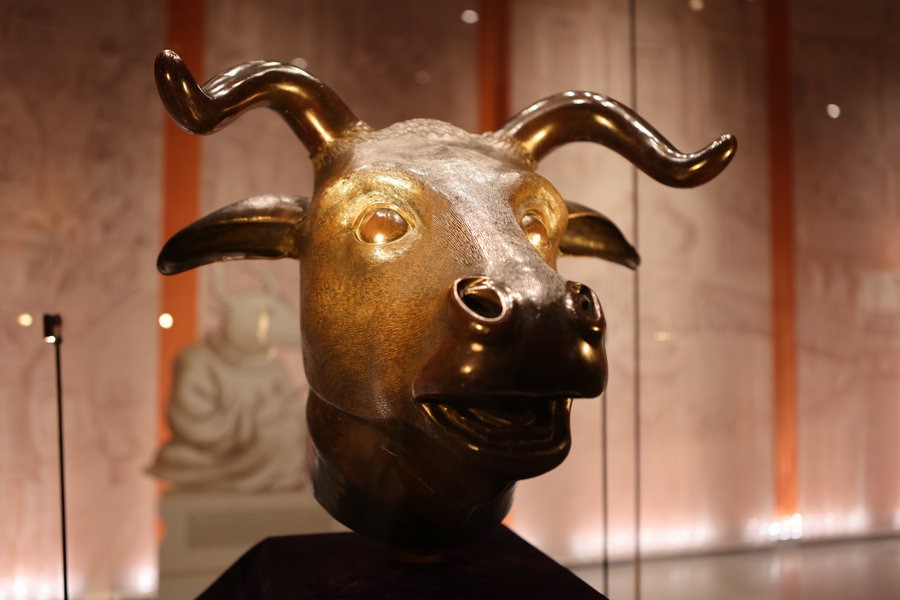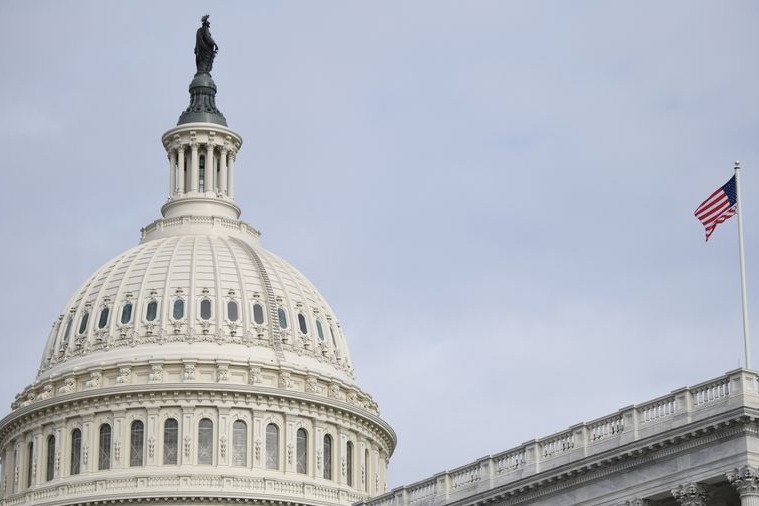AI-driven buses no longer a distant dream


The first unmanned bus went on a road trial in Shenzhen, South China’s Guangdong province, on Dec 2. So, are unmanned buses the future of urban transportation? Two experts share their views on the subject with China Daily's Zhang Zhouxiang: Excerpts follow:
Hope to see AI-driven vehicles in the future
In more ways than one, artificial intelligence plays the driver's role in an unmanned bus. The reactors installed at the front and sides of the bus collect information from road signs and objects, send it to the central processor, which then makes judgments and controls the bus.
AI could be a "better driver" than humans because its reaction time is much shorter than human's. When something appears on the road, it can make a judgment in milliseconds, or one-thousandth of a second, whereas it takes the human brain at latest 0.1 second to react. Also, AI never gets tired and there is no fear of it driving under the influence, and thus it could be more reliable than human drivers.
However, the test in Shenzhen was conducted on an experimental road. And there are much more uncertainties on real roads, such as rash driving by some people.
The biggest problem for AI is not in learning to recognize road signs, but in taking instinctive action during emergencies. So safety and security must be taken into serious consideration before allowing AI to take full control of a bus on a normal road. That problem may gradually subside with more AI-driven vehicles plying on normal roads.
Besides, when two humans drive too close to each other on a road and one has to slow down to avoid an accident, both could expect the other to do so, and the problem could aggravate because they cannot talk to each other. That dilemma will not arise with two AI-driven cars because the two could "talk" via the cloud and decide which one should slow down. Hence, we can hope to see cars and buses being are driven by AI in the not too distant future.
Zhou Xin, a senior engineer at the Institute of Software, Chinese Academy of Sciences.
ICT engineers can ensure safety
Many people are worried about the safety of unmanned vehicles. Technologically, the safety problem can be divided into road safety and network security.
The first is easier to solve. Engineers can install more sensitive sensors and faster, more reliable processors to ensure AI detects road emergencies in time and make timely responses.
The second seems a little more difficult, because people tend to use the film Matrix as a reference, fearing the worst could turn into reality. This is understandable, because an unmanned-driving bus can never be offline. It must be linked to a network so as to get updates on road condition and coordinate with other AI-driven cars and buses via the cloud. Which means hackers can intrude into its system and thus functioning.
Many cases of people hacking into the computers installed in unmanned cars have been reported. On July 24, 2015, Fiat Chrysler had to recall 1.4 million cars from the United States market, because two hackers access to their the computer system in one of its cars, controlling its air conditioner, windshield wiper and brake, even its wheels.
But engineers have already managed to strengthen the protection mechanism in such cars. Essentially, AI-driven automobiles use an Internet of Things-type of technology, which links a car or a bus with data transmission. And once the entire security system of IOT is improved, AI-driven automobiles will have much better protection against hackers.
Of course, that problem deserves the greatest attention, because when it comes to a fully AI-operated car, we cannot afford to have even one single flaw lest terrorists use it to cause devastation. That problem must be solved before AI-driven cars can be universally used. And there is enough reason to believe information and communications technology experts can solve the problem, as AI-driven cars’ network security is associated with the security of the internet and IOT as a whole.
Gao Sheng, an associate professor of automation studies at Beijing University of Posts and Telecommunication.


































